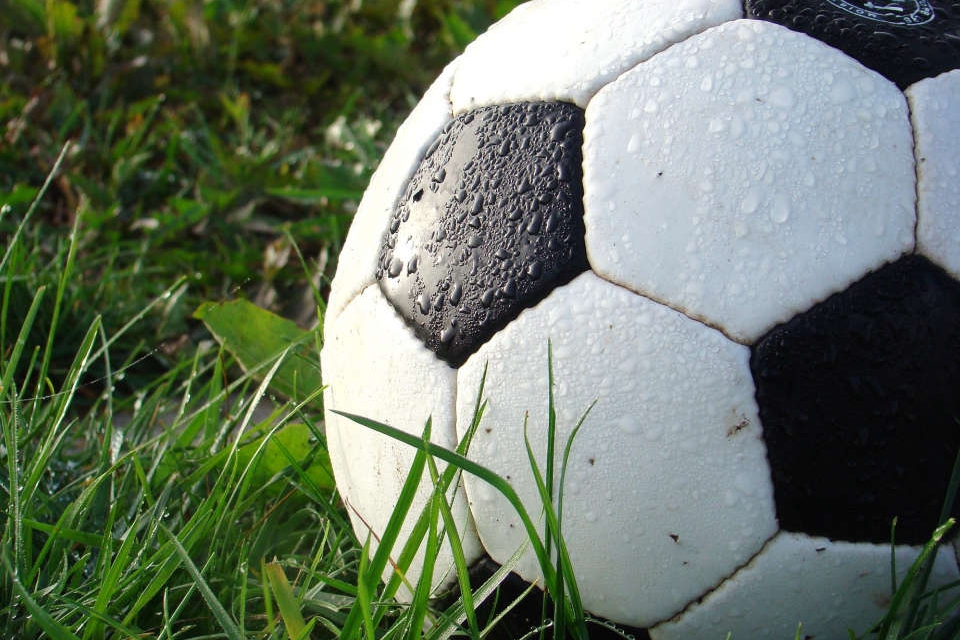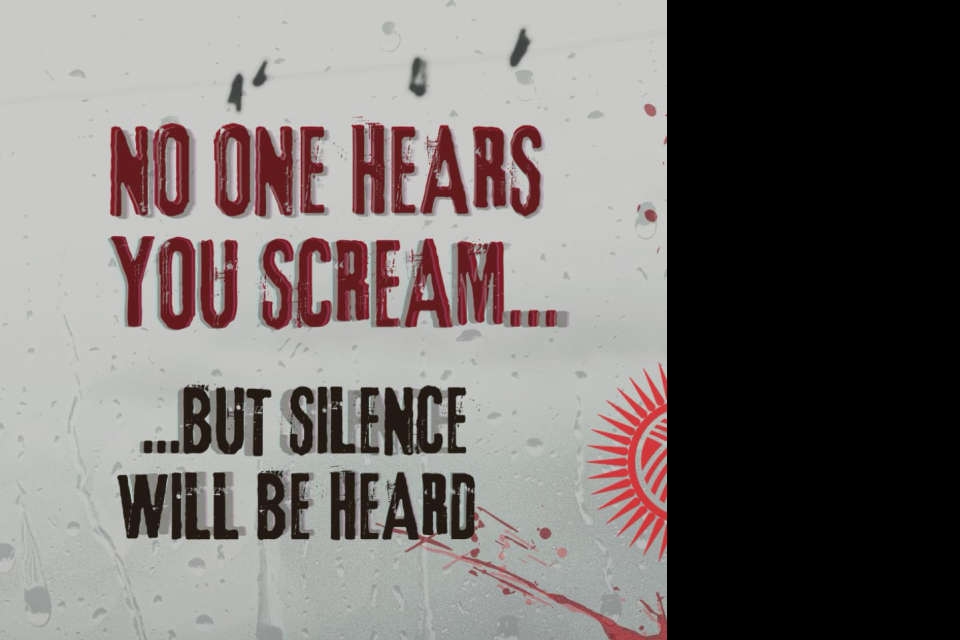
The RSPCA received almost 13-thousand reports of animals being injured, trapped, or even killed from carelessly discarded litter over the past four years.
154 incidents were recorded in Buckinghamshire.
RSPCA anti-litter campaigns manager Carrie Stones said: “Our rescuers deal with thousands of avoidable incidents every year where animals have been impacted by litter.
“Old drinks cans and bottles, plastic items and even disposable vapes are just some of the items that pose a danger to our wildlife - including hedgehogs, deer and foxes. Animals can ingest the litter or become entangled, leading to injuries, mutilations and even death.
“Sadly, for every animal we’re able to help there are probably many others that go unseen, unreported and may even lose their lives.
“But the public can help us protect animals, and avoid these incidents happening in the first place.
“Spring is an ideal time to go on a litter-pick because it falls before the breeding season when young animals such as fox cubs are at risk of getting into trouble, while litter in hedges will be more visible to pickers before the vegetation really starts growing. That’s why we’re calling on the public to get involved in the Great British Spring Clean to help remove litter that may endanger animals.
“But it’s also really easy for the public to help at all times of the year. When people are out and about, we urge them to hold on to their litter until there is an opportunity to dispose of it safely and responsibly - or recycle where appropriate. As we all strive to create a better world for every animal, this could save an animal’s life.“
As well as everyday rubbish, the RSPCA also sees many animals arriving into its care with terrible injuries caused by angling litter such as discarded fishing line, hooks and plastic netting. Around 40% of all litter-related calls to the RSPCA last year were about animals that had specifically become caught in fishing litter.
Carrie continued: “Old fishing line can cut deep into the flesh of water birds like swans, geese and ducks, affecting circulation and causing wounds to become seriously infected. We even see birds that have swallowed barbed fishing hooks. These hazards can very quickly become a matter of life or death for them and action is urgently needed to tackle this problem head-on. It’s up to every one of us to do our bit in the war against litter.”
The RSPCA says a majority of anglers are careful when fishing - but a small number are letting the community down by not disposing of their waste properly and leaving animals in danger.



 Crown Court backs Council decision to refuse private hire licen
Crown Court backs Council decision to refuse private hire licen
 Double win for Waddesdon venues at the Beautiful South Tourism Awards
Double win for Waddesdon venues at the Beautiful South Tourism Awards
 Free Parking in Bucks car parks this Christmas
Free Parking in Bucks car parks this Christmas
 Bucks Healthcare urges masks and hand hygiene as winter bugs surge
Bucks Healthcare urges masks and hand hygiene as winter bugs surge
 Risborough Rangers Stadium Break-In Threatens Memorial Fundraising Efforts
Risborough Rangers Stadium Break-In Threatens Memorial Fundraising Efforts
 Local author publishes second novel
Local author publishes second novel
 Buckinghamshire schools take part in Dragons' Den-style green technology challenge
Buckinghamshire schools take part in Dragons' Den-style green technology challenge
 Big Give Boost for Hospice at Home Care
Big Give Boost for Hospice at Home Care











